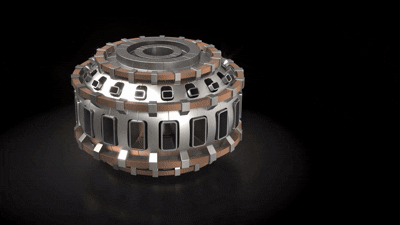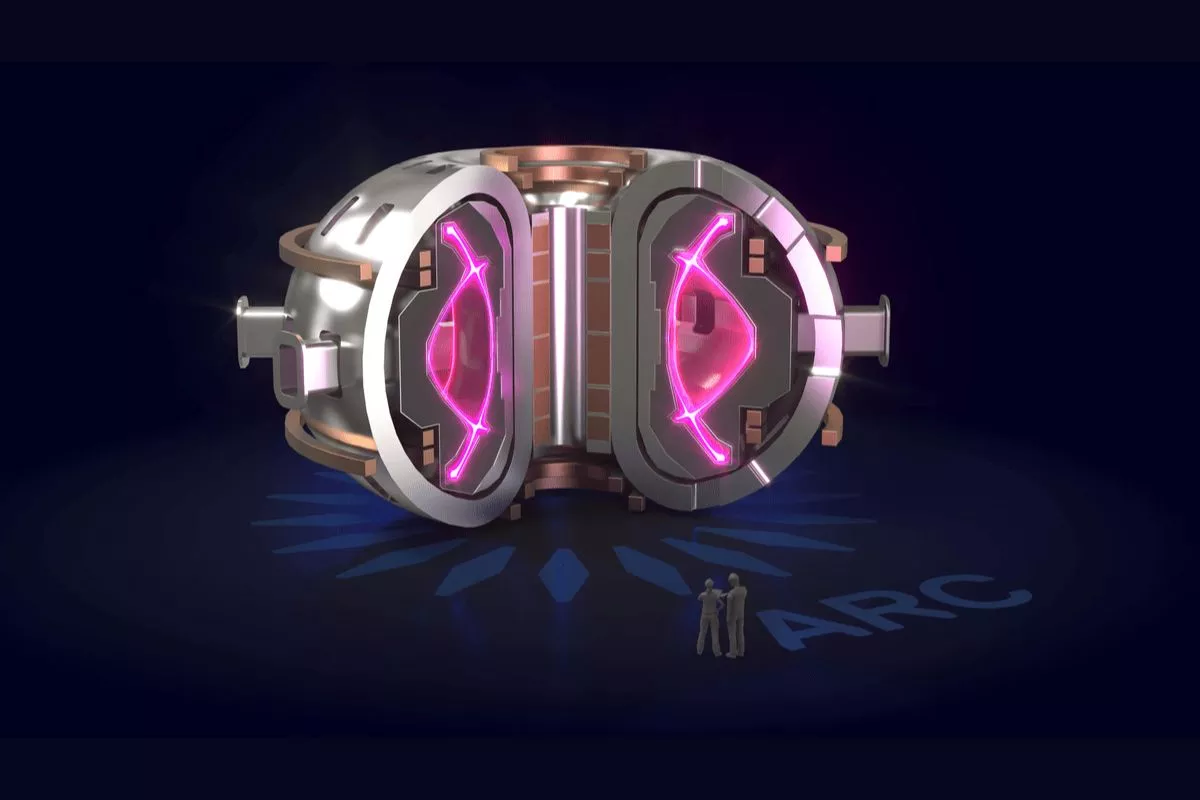Massachusetts-based energy startup Commonwealth Fusion Systems (CFS) has struck a deal to deliver 200 MW of electricity to Google from its upcoming ARC power plant in Chesterfield County, Virginia.
This facility is expected to come online sometime in the early 2030s, so it'll be a while before Google can power its operations with CFS' carbon-free energy. The tech giant has been investing in CFS since 2021 in a bid to support the development of a new – and so far, seemingly impossible – source of clean energy.
The announcement reminds me of Helion Energy's deal to power Microsoft's data centers from its upcoming 50-MW fusion plant by 2028. That startup has raised over US$1 billion to crack a way to generate more power than the inputs required to facilitate a fusion reaction.
CFS is arguably under double the pressure to deliver on this promise: it's raised more than $2 billion since its founding in 2018. With its SPARC reactor that's being built in Devens, Massachusetts, CFS is exploring the use of custom superconducting magnets to contain plasma at over 100 million degrees Celsius in a warehouse-sized, donut-shaped fusion device called a tokamak.
The plan is to initially demonstrate that SPARC can output more energy than it needs to power the reaction – this is called net energy gain, or Q>1. If CFS is successful, it'll subsequently use its learnings to set up the ARC reactor that should generate 400 MW of electricity in Chesterfield County, Virginia.

For reference, 200 MW is enough to power roughly 200,000 average US homes; 400 MW is equivalent to the output from a utility-scale natural gas power plant.
While the deal signals confidence in CFS from a major backer, the road ahead is not going to be easy: it takes a lot to heat and smash atoms together at an incredibly high temperature using magnets, and generating more energy than you put in.
Achieving Q>1 is one thing; CFS will also need to keep the reaction going while maintaining its stability without the reactor's components eroding or malfunctioning.

For its part, Google has been investing heavily in renewable energy sources around the world since 2010. It's into geothermal and nuclear energy, and purchased more than 8 GW of clean energy in 2024 alone.
The company acknowledges that nuclear fusion is a moonshot – with CFS being just one of nearly 50 privately funded outfits aiming to deliver fusion power in the next few years – but it's a dream worth betting on.
Sources: Commonwealth Fusion Systems, Google




